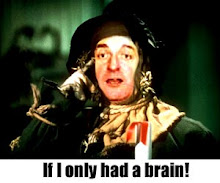Confessions
After two of her students kill her four year-old daughter, a schoolmistress exacts revenge. Of course, that revenge sparks off more violence that sparks off more violence that....
As one gets older, the more the thought of punishing those pesky kids becomes more palatable. So it's not surprising that 'Confessions' entertains so well. Coupled to this is an appeal to the Thanatos in us all, that disillusioned sense of sheer frustration with the ineptitude of everyone and everything that occasionally makes us want to destroy it all. Ironically in a movie about children, it is this sense that is ultimately the most childish impulse of them all. And the one most selfishly indulged by the filmmakers.
Which is not to say this film is a stupid exploitation flick. Far from it. It acknowledges the argument that environment creates monsters, disregards it, then acknowledges it again as something too complex to allow for. In the face of such absurd cruelty the only option is to accept it as a given and indulge our own. Brief nods to the pain revenge actually causes the teacher are insufficient to offset the petty childish joy in hate that the film espouses. And that we espouse too, in our childish heart of hearts. Sometimes. When we're weak. Or at a movie.
Despite its Rashomon style delivery, with each character giving their 'confession' of events, the story itself is ludicrous. The acting is fine, but the film's execution is somewhat clunky at times (for instance the teacher's extended story-telling at the start), and the too obvious use of music by Radiohead etc. doesn't help. However, I say again, it is hard to argue with base instincts, and nasty revenge executed on nasty kids is as base as you can get.
A guilty pleasure.
 A Child Across the Sky
A Child Across the Sky
